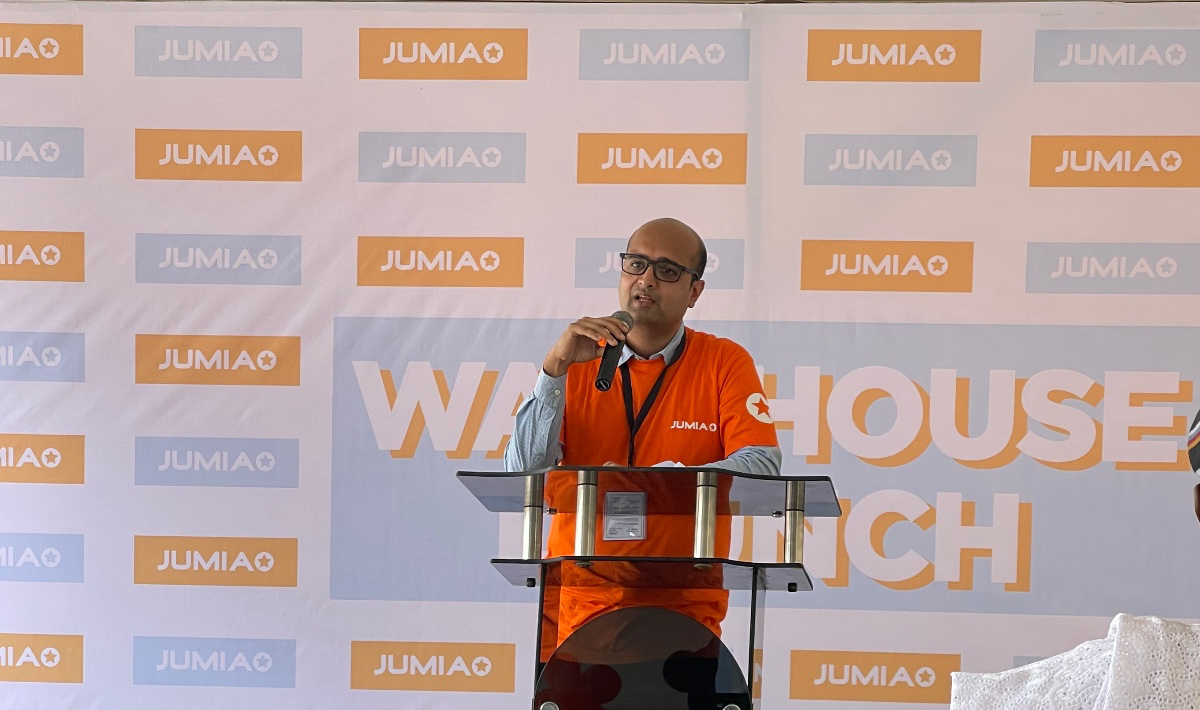MoEngage, a consumer data and engagement platform and Jumia have forged a strategic alliance aimed at revolutionising customer experience in Africa.
This partnership will improve Jumia’s engagement strategy by providing millions of African users with more individualised offerings, according to a statement released by Jumia Group on Friday.
“As part of its mission to provide a superior customer experience, Jumia sought to upgrade its engagement platform,” the statement read.
Read also: Temu becomes most downloaded app days after entering Nigerian market
Jumia, MoEngage to create 360-degree customer profile
The company wants to develop a single, comprehensive 360-degree profile of its customers so that it may communicate with them across various channels at the appropriate moment.
It stated that Jumia will be able to forge closer and more significant bonds with its clientele by incorporating MoEngage’s sophisticated segmentation, personalisation, and analytics capabilities.
Jumia’s reason for partnering with MoEngage
Jumia’s Group Director of Growth, Fatma Hamdi, giving the reason for partnering with MoEngage, said, “We needed a flexible partner to tackle the unique challenges of our fast-paced, technology-first brand. This partnership is empowering us to enhance our offerings by creating a unified customer view while respecting data protection laws. It will help us build deeper brand-customer relationships, increase retention, and ultimately drive customer lifetime value.”
The collaboration comes at a critical moment for Jumia, which has grown significantly in the last two years. In the highly competitive world of e-commerce, Jumia realised it needed a cutting-edge platform to improve consumer satisfaction and retention.
Because of its capacity to offer smooth customer engagement solutions, MoEngage was the best option to assist Jumia in keeping its competitive advantage.
Read also: Jumia reports $20m Q3 operating loss amid revenue decline
MoEngage’s proven expertise to support Jumia’s growth trajectory
Additionally, the Regional Vice President of Growth and Strategy at MoEngage, Kunal Badiani, said, “We are thrilled to partner with Jumia. MoEngage’s proven expertise in supporting global retail brands with personalised, omnichannel engagement capabilities will contribute meaningfully to Jumia’s growth trajectory.
Badiani added that the collaboration is a great chance for MoEngage to contribute to⁶ improving Jumia’s customer experience and assisting them with their successful growth.
“This collaboration marks a significant step towards elevating the e-commerce giant’s personalised engagement strategies as it continues to expand across the African continent,” he added.








